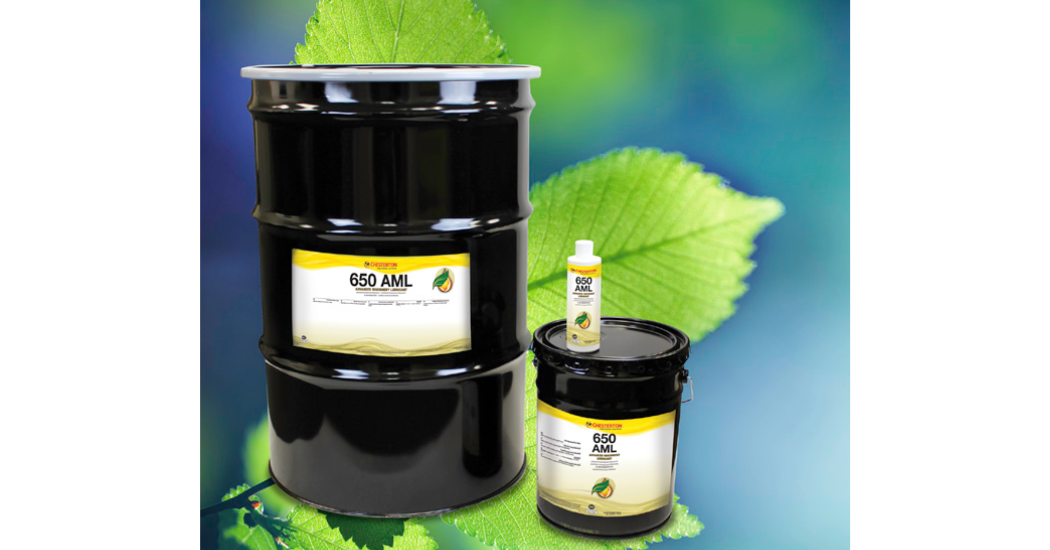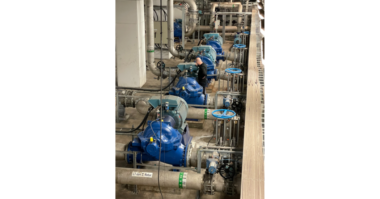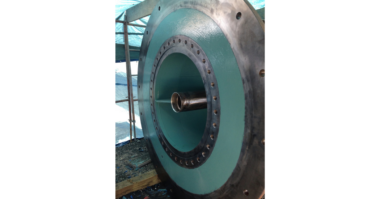It is easy to misunderstand biodegradability. It is often thought that biodegradable products have a limited shelf life, spoil quickly in service, and do not last as long as non-biodegradable products, but that is not true.
OECD 301A is a test to help determine the biodegradability of a product. It is an accelerated test, conducted in the presence of inoculated microorganisms/bacteria. These microorganisms degrade the oil into environmentally friendly constituents that can go back into soil or water without polluting them. This test is designed to determine the percentage of oil that has degraded in the product in a 28-day timeframe. The higher the percentage, the greater the biodegradability. OECD 301A requires at least 60% biodegradability for qualification. As per this test, 650 AML is 91.25% biodegradable.
Does that mean 650 AML will degrade while it is being used on an application or while it is in storage?
The answer to that question is no. Biodegradability requires microorganism activity to break down the oil. 650 AML will only degrade in the presence of microorganisms. Typical industrial warehouses and applications such as conveyor chains, hoists, wire rope/cranes, and pneumatics do not contain microorganisms and, hence, 650 AML will not biodegrade in service or storage. The biodegradability of 650 AML comes into play only when 650 AML drips or inadvertently spills onto soil or into natural bodies of water containing microorganisms.
 Hence 650 AML biodegradable oil, which is designed for chains, wire ropes, and pneumatic applications, will perform to its highest strength while in use. 650 AML is one of the key products for eco-conscious customers. It is not only readily biodegradable but also highly effective in maintaining the serviceability of industrial chains, wire ropes, and pneumatic equipment by providing very high load bearing capabilities, excellent detergency, and a lower coefficient of friction. Its mixture of plant-based and synthetic ester technology gives 650 AML its 91.25% biodegradability rating. This high level of biodegradability makes it a first choice when soil or water contamination by petroleum-based oils is a concern or when exhaust stroke from a pneumatic cylinder lubricated with petroleum oil makes the working environment hazardous.
Hence 650 AML biodegradable oil, which is designed for chains, wire ropes, and pneumatic applications, will perform to its highest strength while in use. 650 AML is one of the key products for eco-conscious customers. It is not only readily biodegradable but also highly effective in maintaining the serviceability of industrial chains, wire ropes, and pneumatic equipment by providing very high load bearing capabilities, excellent detergency, and a lower coefficient of friction. Its mixture of plant-based and synthetic ester technology gives 650 AML its 91.25% biodegradability rating. This high level of biodegradability makes it a first choice when soil or water contamination by petroleum-based oils is a concern or when exhaust stroke from a pneumatic cylinder lubricated with petroleum oil makes the working environment hazardous.




